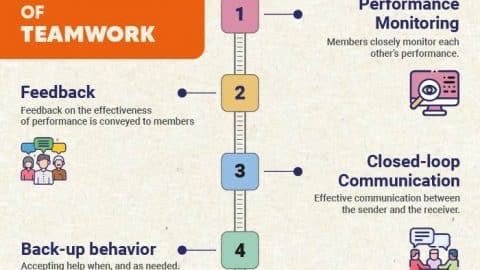Farmers face a unique set of challenges and stressors that make them particularly vulnerable to suicide, according to a groundbreaking study by the University of Alberta.
This comprehensive review, led by psychology professor Rebecca Purc-Stephenson, also the current lead researcher with AgKnow, a non-profit mental health initiative for farmers, aims to better understand the suicide risk factors among farmers.
Farming is not just a job; it’s a way of life. To comprehend the specific life circumstances that drive some farmers to take their own lives, the research combines interview data from multiple studies on farmers and suicide. This pioneering approach offers a deeper understanding of the unique stressors that farmers face.
As Rebecca Purc-Stephenson explains, “Farming is a lifestyle, not just a job, which makes farm culture unique. It’s important to understand the particularities around this group.” The study delves into the various facets of farming life that contribute to increased suicide rates within the farming community.
Farming: A High-Stress Occupation
Farmers often contend with a host of stressors that set them apart from many other professions. Weather-related challenges, crop and livestock diseases, rising operational costs, and evolving market factors are just a few of the pressures they face.
This study, which brings together data from 14 scientific studies conducted in different countries, including Canada, the United States, the United Kingdom, Australia, and India, reveals key risk factors associated with farmer suicides.
Seven Factors Linked to Suicide Risk Factors Among Farmers
The research identifies seven specific factors linked to suicide among farmers, with two factors being particularly prominent:
- Maintaining Farmer Identity: Many farmers who took their own lives struggled with the idea of transitioning to a different role. Their identity was closely tied to their farming lifestyle, making it difficult for them to envision themselves in any other capacity. This, combined with financial crises, created a sense of hopelessness.
- Significant Financial Crisis: Financial difficulties were a significant contributor to farmer suicides. When farmers faced a severe money crisis, they often felt trapped and saw no way out of their financial woes.
Family dynamics also played a crucial role. Some farmers viewed themselves as a valuable contributor to their families, not just as a farmer. In contrast, those who experienced marital issues, separation, divorce, or agricultural setbacks like crop failure or drought were more susceptible to suicidal ideation.
Community dynamics added another layer of complexity. While close-knit communities offered social support, they also contributed to a lack of privacy. Farmers felt that their decisions were constantly under scrutiny, which added to their stress.
Other key contributors to farmer suicides included emotional, social, and geographical isolation, the challenge of coping with unpredictable events like adverse weather and livestock disasters, and easy access to harmful agricultural chemicals and firearms.
The Need for Agriculturally Tailored Resources
The study’s findings shed light on the intricacies of a farmer’s life, helping to create a more accurate picture of the stressors they face and why they might be at risk of suicide.
Based on these risk factors, Rebecca Purc-Stephenson and her team have developed the Farming Adversity-Resilience Management (FARM) framework, an analytical tool that underscores the intersection of farm culture, work-life stressors, and mental health concerning farmer suicides.
The FARM model not only helps researchers and healthcare professionals better understand the experiences of farmers but also identifies “protective factors” that can enhance a farmer’s resilience against these stressors.
In light of this research, the study’s authors suggest several practical measures to support farmers and reduce the risk of suicide:
- Improved Access to Mental Health Services: Making mental health services more affordable and available in rural areas is essential. Policymakers and insurance companies can play a crucial role in this effort.
- Tailored Counseling: Farmers should have access to therapists who are familiar with agriculture and can provide counseling tailored to their unique needs.
- Awareness Among Healthcare Providers: Healthcare professionals should be more attuned to the specific stressors farmers face and integrate discussions about these stressors into their patient interactions.
The study’s outcomes provide an invaluable resource for understanding the factors that contribute to farmer suicides and pave the way for more effective interventions to support the mental health and well-being of those in the farming community.



























